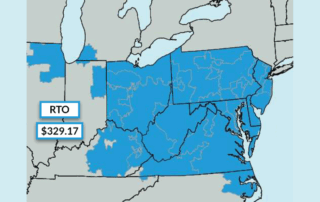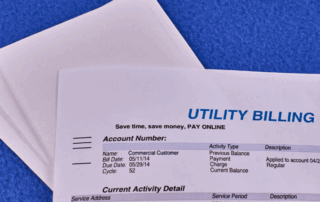Battery Energy Storage Systems (BESS): Smarter Commercial Energy Management
Battery Energy Storage Systems (BESS) are rapidly becoming a cornerstone of smarter commercial energy management as businesses face rising electricity costs, demand charges, and grid volatility. From peak shaving and backup power to demand response and wholesale market participation, BESS allows commercial and industrial facilities to actively control energy costs while improving resilience and flexibility.
Energy Procurement for Multi-Site Businesses
Managing energy procurement across multiple locations introduces complexity that goes far beyond price. Different utilities, tariffs, contract terms, and regulatory rules can quickly turn energy into an administrative and financial burden. Without a centralized strategy, multi-site businesses often face misaligned contracts, missed market opportunities, and unnecessary exposure to risk. This guide explains how centralized energy procurement helps multi-site organizations streamline contracts, reduce costs, and manage market volatility with a structured, portfolio-level approach.
What’s In Your Briefcase? Tools Every Energy Broker Should Have
Tools and technology are important for energy brokers in the modern era. Here are some of the most common tools used by our most successful energy brokers.
Commercial Energy Storage Systems
Commercial energy storage systems are becoming a game changer, offering new possibilities for efficiency and sustainability. This article delves into the cutting-edge advancements in commercial energy storage, examining how they are revolutionizing the way businesses store and manage power.
PJM 2026/27 Base Residual Auction Results: Record Capacity Prices in PJM
On July 22, 2025, PJM Interconnection released the results of its 2026/2027 Base Residual Auction (BRA), clearing at a record-high FERC-imposed cap of $329.17 per megawatt-day. This 22% increase from the previous year signifies escalating demand and tightening capacity across PJM's 13-state region, leading to continued elevated electricity prices for industrial and commercial energy users.
How Are Commercial Electricity Rates Determined?
Commercial electricity rates are influenced by a complex interplay of generation, transmission, and capacity costs, alongside local market dynamics. Understanding these key factors and how they are calculated is essential for businesses seeking to manage and reduce their electricity expenses.





